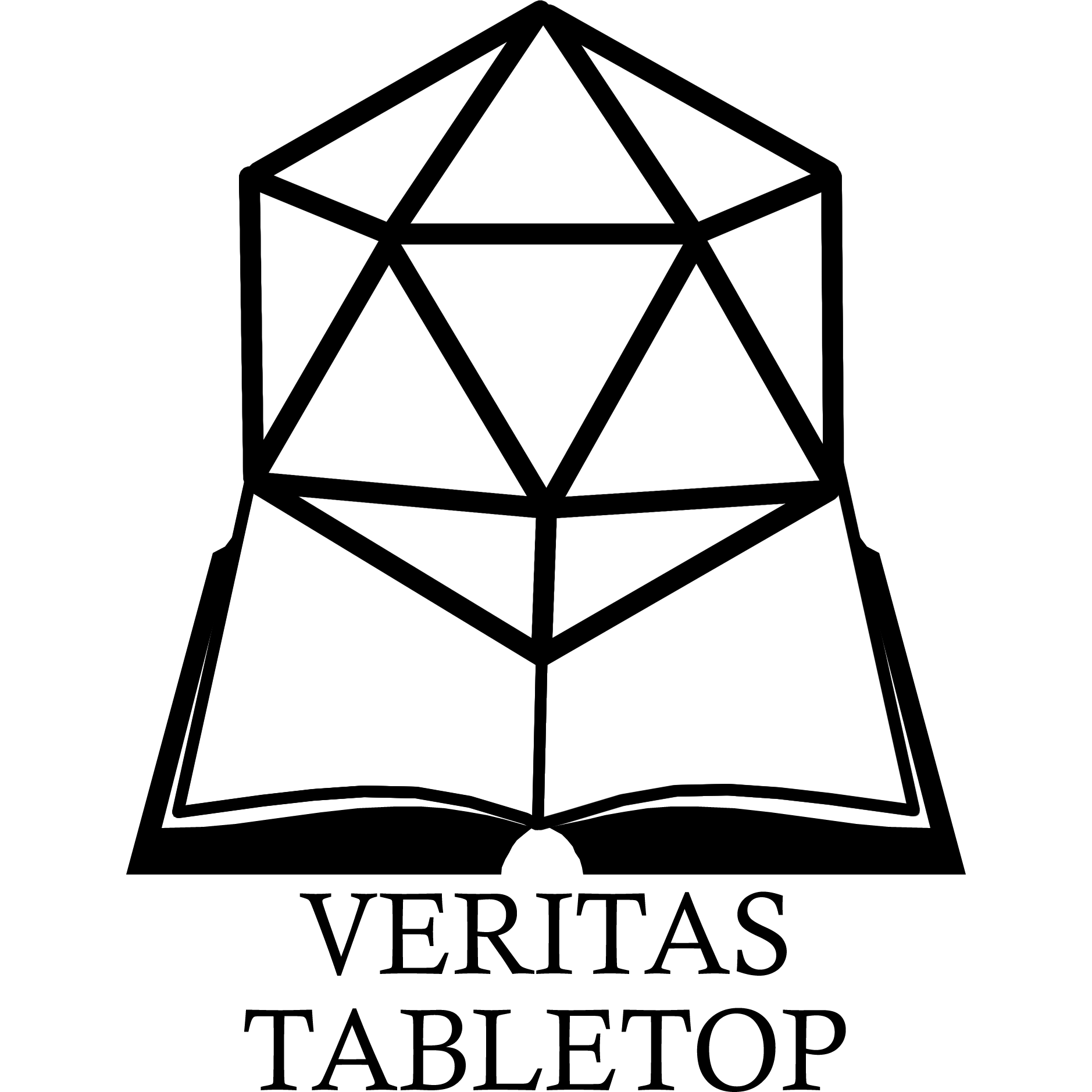Rethinking Fantasy Feudalism: Land Tenure for Commoners
This is part 2 of the most esoteric post I've ever written. Last week, we went over the rules that nobles had as part of their land ownership. What were the options for what a noble owed the king as a condition of their land ownership? Be sure to read that post first, if you haven't already.
Want to read more about rethinking fantasy tropes by digging into the real history? Check out my ongoing series below:

This week, we'll be delving into what land ownership was like for commoners. In the modern day, regular people might own (fee simple, like we discussed last week) or rent. But medieval land ownership was a lot more varied than that, for commoners as well as nobles.
Some Terms and Categories
I'm going to repeat the definition of the terms that I'll be using for your rights over the land. Where last week's post consisted mostly of inheritable, permanent noble landholdings that might or might not be alienable, but which usually could have the rights of usage alienated (ex: renting out to commoners, as we'll discuss this time), this week's options will be a lot more varied.
Inheritable: This one should be pretty obvious. Can you pass the title of the land to an heir or successor, as you want? My parents could will me and my sister their house when they die, leaving us free to sell it/do whatever we want with it. But I cannot leave my apartment to a hypothetical child, because if I died, my rented apartment would revert back to my landlord.
Alienable: Can I sell my land/house that I own? Can I put it up for rent? Again, as an example, my parents could sell their house or rent it out. But I cannot sell my apartment, because it does not really belong to me.
Term: Can someone kick you out of your land? How long do you get to own the land? We usually think of "owning" to mean that you have this permanently/indefinitely.
Dues: I'm going to use the term dues to mean any sort of payment that you need to make to keep hold of the land. For example, to keep my apartment, I need to pay the "due" of rent, which I pay to my landlord.
Types of Ownership
One note on the form of this ownership: you can have multiple overlapping conditions to your tenure. You could have land that is both fee simple (you owe money) and serjeanty (you owe particular services) as a condition for the land.
Fee Simple
We're going to start with reviewing the most common understanding of modern ownership, because it existed for commoners like it existed for nobles. Fee simple, or "freeholding," is what my parents have for their house or what the local grocery store that owns their building "outright" has for their building. If you own a farm, you probably have it as a freehold.
In history, commoners did have freeholds: they might own a farm, directly from the king. This was considered pretty prestigious, and it exempted you from a lot of the annoying stuff we'll talk about next week.
Inheritable: Fee simple ownership is inheritable. My parents can pass their house along to me when they die.
Alienable: Fee simple ownership is alienable. My parents can sell their house, or they can rent it out and give someone else the right of use for it.
Term: Indefinitely/permanently, though the government can claim it under "eminent domain" laws for public works projects, at least under U.S. law (I'm not familiar with eminent domain law internationally).
Dues: Here's where I'm going to make my boldest claim. My parents need to pay property taxes on their house in order to keep it (not to mention a mortgage, but that's just a loan, so you don't have to pay that forever). This may seem like it is different from other dues, like rent, but it is not really. So, your dues for fee simple is... your "fee," an amount of money based on the value of that property, as assessed by the true owner of the land--the government (who has allodial title, which we discussed last week).
Leasehold
Our other common modern understanding of property is the rental. Today, we probably don't consider it to be "ownership" at all; when we talk about rates of homeownership, we're not counting renting. A medieval person, however, likely would have seen leasing as a form of ownership, just with more restricted rights. Our modern example is that I lease, or rent, my apartment. Rental assures you of exclusive use of a piece of property, which would have been considered a temporary type of ownership.
Inheritable: Generally no.
Alienable: Generally no, though some places permit you to "sublease." In those jurisdictions, you can therefore sell an equal form of ownership, but you can't sell a freehold or allodial title.
Term: Fixed and temporary, though numbers range wildly. I rent my apartment on a yearly term, though I know some people rent month-to-month. On the other hand, Hong Kong was forcibly "leased" by the British government from China for 99 years at the end of the Opium War.
Dues: You pay "rent"--a fixed fee--to the owner that you are renting from. Often this will be a fee simple owner of the property, but if you are subleasing from another leasehold owners, you could be paying that rent to another leasehold "owner," who would then pay it up the chain until the eventual allodial title. Some medieval rental conditions might be a percentage of your produce, rather than a fixed fee. Whether or not you could pay "in kind"--with goods, rather than cash--depended on where you lived and when you lived, so there's no hard and fast rule about it.
Burgage Tenure
Now onto the weirder forms of tenure that don't really exist in the modern world. A burgage is a form of ownership that existed in a "burg", or a town. These were usually long and skinny houses, with room for gardens in the back. This way, there would be dense occupation along the road, while providing room for gardening or a workshop. These are a hybrid between a leasehold and a freehold.
Often, holding a burgage plot also conveyed additional rights or privileges, according to the town's particular rules. Typical burgage laws would include the right to vote in town matters (such as a town council), or the right to sell goods in the town's market.
Inheritable: Yes. Like a freehold, a burgage plot could be inherited.
Alienable: Yes. Like a freehold, you could sell your plot to someone else in town. You could also lease your burgage plot to someone, or subdivide up the plot and sell only part of it.
Term: Indefinite, though the lord who owned the town (usually fee simple or one of the other forms we'll talk about) could evict you.
Dues: A fixed rent payment to the owner of the land, and/or participation in the city's garrison or militia (this varied by town, with rent being more common in England and garrison duty being more common in Scotland).
Really, you might wonder, what is the difference between a burgage and a freehold? The answer is mostly who your dues are going to. A freeholder owes money only to the allodial owner, while a burgage plot owes the dues to some intermediate owner. What is the difference between rent paid to a landlord and property taxes? Not that much in practice, which is why burgage tenure got gradually folded into freeholding over time, as towns started becoming independent of noble lords.
Corvee
Another form of land tenure that no longer exists was the corvee. A corvee is a French word for forced labor. Basically, land held under corvee was a plot land where instead of paying rent, you would have to work for the landlord without pay for a certain amount of time (often one day per month). Want double the land to profit more? Well, you'll owe the lord more days of work.
Inheritable: Generally no, but would often be extended to the next generation under similar terms.
Alienable: No; land held in exchange corvee was yours for the work you did, and you could not sell it or transfer it to someone else. You couldn't really divide up the land either; your labor expectation was your own, and someone else couldn't fulfill that for you.
Term: Usually permanent/for life, though sometimes shorter terms could be agreed upon.
Dues: Unpaid labor to the grantor, often one day per month. This could be anything – farming the lord's fields instead of your own, building a wall, building some other form of infrastructure like a road, being a servant in the lord's household and serving dinner, whatever. Usually, what the labor was would not be specified in the terms of the corvee; you just had to work for the number of days specified, and on the particular day, the grantor of the land would tell you what you'd be doing that day.
Conclusion
This should be the basic understanding of land for most NPCs in a classic western fantasy (pseudo-Medieval/Early Modern European) setting. While today, most normal people are either holding their land fee simple or as a leasehold and it is easy to just replicate that, having more unique forms of feudal dues can allow for a lot more variation in your towns. What would a town where everyone holds their land under a corvee system look like? If the people have to do forced labor once per month but they pay no taxes and no rent, how does that change what the vibe of your town is compared to a place where the local lord requires everyone to pay rent to him, owning nothing permanent.
I hope you've all enjoyed this two-part rundown of the different modes of land use and land ownership that I started last week!

